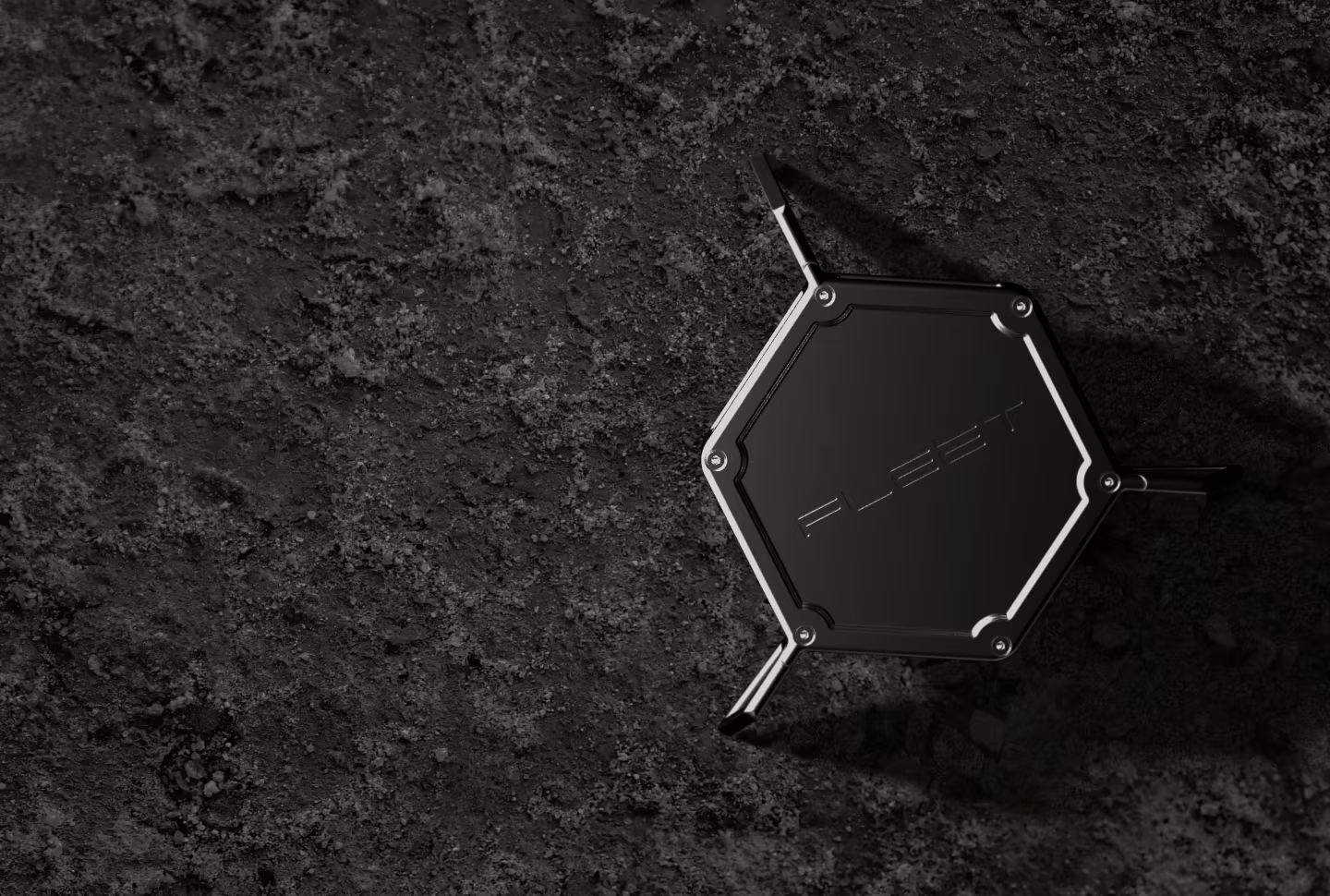
Space Exploration
Enabling Off-World Exploration
Our ambition to explore the final frontier drives innovation at Fleet Space. Leveraging our global leadership in satellite-enabled seismic technology, we are pushing the boundaries of interplanetary exploration for the benefit of all humanity.
Space Exploration
Moon to Mars: Demonstrator
7 Sisters, Australia’s mission to explore the Moon and Mars, aims to develop cutting-edge, non-invasive, and super-scalable technology for the Moon and Mars to benefit all humanity. In support of this mission, Fleet Space’s A$4M grant from the Australian Space Agency helped develop SPIDER, a geophysical device designed for lunar and Martian exploration, in alignment with NASA’s Artemis program.

Space Exploration
First Australian Seismic Payload to Land on the Moon
SPIDER, Fleet Space’s state-of-the-art lunar seismic technology, will land on the Moon’s surface as part of Firefly’s second lunar mission in 2026. SPIDER’s deployment on the Moon aims to advance fundamental research into sustaining human life on other worlds.

Our Capabilities
Fleet Space's Answer to Responsible Lunar Exploration
The Seismic Payload for Interplanetary Discovery, Exploration and Research (SPIDER), will record the natural seismic waves in the Moon’s subsurface to search for water ice deposits and advance humanity’s understanding of the lunar regolith’s geological properties.

Spider
How it works
SPIDER is deployed on the lunar surface by a tether from Firefly’s Blue Ghost lander

Mission
Using Ambient Noise Tomography (ANT), SPIDER collects subsurface data and searches for water ice deposits

Lunar seismic sensing
SPIDER captures vibrations from seismic activity such as moonquakes and meteorite impacts
-Edit.avif)
Outcome
New data about lunar subsurface to advance scientific research behind permanent infrastructure for humans on the Moon.
Partnerships


















Space Exploration
Latest Updates

Take Space Exploration to New Heights
Let’s connect to pioneer the next frontier in space exploration.


